During any windstorm, the strong wind force pushes-up against the exterior of your home. That particular force gets passed along the roof onto exterior walls and to the foundation. If this immense energy of the wind is not transferred to the surrounding ground space effectively, your home can be damaged/destroyed.
To a large extent, the kind of roof you have also plays a significant role in this particular scenario. For instance, if you have a gabled roof, a storm will have a greater impact on it and cause more damage. In stormy weather, the end wall of the structure takes a very bad beating and if it does not have the right braces, it can cause extensive damage to the roof as well as the rest of the structure.
Engineered Truss Systems
This is where engineered truss systems come into the picture. These girders are pre-fabricated and allow for efficient and much faster installation compared to trusses that are built on site. Engineered trusses are as strong as any that would be built on site and it also helps save on construction materials. This is because they are fabricated at workshops with precision equipment and the wastage is much less.
The Materials Used
Trusses are specifically-manufactured to the existing building standards, are generally made of pine and have high-strength steel truss plates. These are customised elements and are made to the shape and style requirements of a particular structure. These engineered trusses ensure that you have a rigid roof system & very efficient construction. It helps the roofing company save time and you save money,
Added Advantage
In addition, their shape is much more conducive than any solid sawn lumber rafters and can provide continuous insulation for energy efficiency. Once the roofing company has taken all the required measurements and the entire system is delivered to your site, you can be assured that no additional measurements, cutting and adjustments will be required. To a large extent, this reduces the noise and disruption on site and the work also gets completed in a shorter span of time.
The Structure
A truss system will be installed on a typical timber/concrete belt beam & spans from one load-bearing wall onto another. Trusses are used on almost any kind of roof & are a prerequisite in areas where there is a possibility of stormy weather.
A number of sheets of roof-sheathing, (generally plywood) are fastened to these trusses with staples/nails and the roofing material is then fastened to that sheathing. In most cases, the only thing that holds the engineered trusses in place are the plywood sheets on top. This might not be enough to hold your roof in place in case of a violent storm and adding bracing makes the truss system hardier and durable.
Added Fortification
In addition to the trusses, tying hurricane straps and bracing to all the load-bearing elements also increases disaster-resistance of the structure. If these are added to non-load bearing elements, it is not going to be impactful. Ideally, the hurricane straps should wrap right over the rafter or the roof truss. It is also important to ensure that every single element of the wall assembly is either strapped together/ anchored up from the foundation right up to the roof.
Trusses as Part of the Roof System
This continuous load path that is created takes the pressure off the roof in case there is a storm. The first part of any roof system is its framing. The truss-framed roof is constructed by specialised truss plants and we at RO Roofing ensure that the ones we use are designed and engineered to perfection. These will be built as per the plan layout.
Building Safe Roof Structures
Regardless of the type of roof you have, trusses and hurricane straps are an ideal way of strengthening the hold of your roof to the structures’ walls. When we handle roofing installation, we ensure that the best engineered trusses are used and that they meet all the structural and safety standards. Knowing that the roof on your residential or commercial structure will be able to stand up to violent storms ensures peace of mind. For more information contact RO Roofing on (02) 9660 5937.
Thanks so much for reading,
R.O. Steel Roofing
(02) 9660 5937
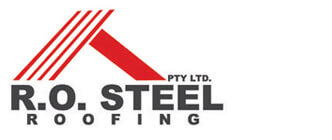
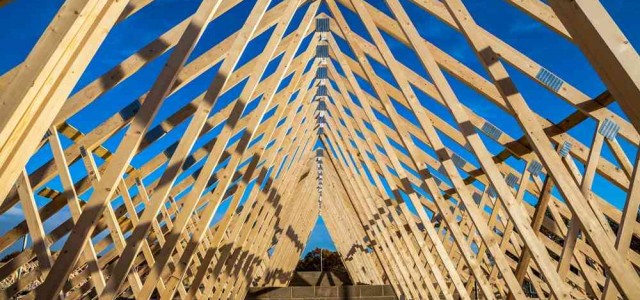
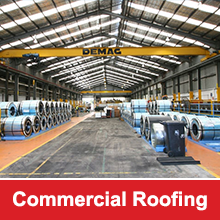
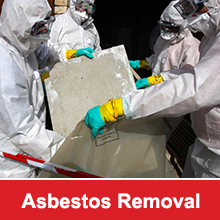

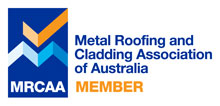
Comments are closed.